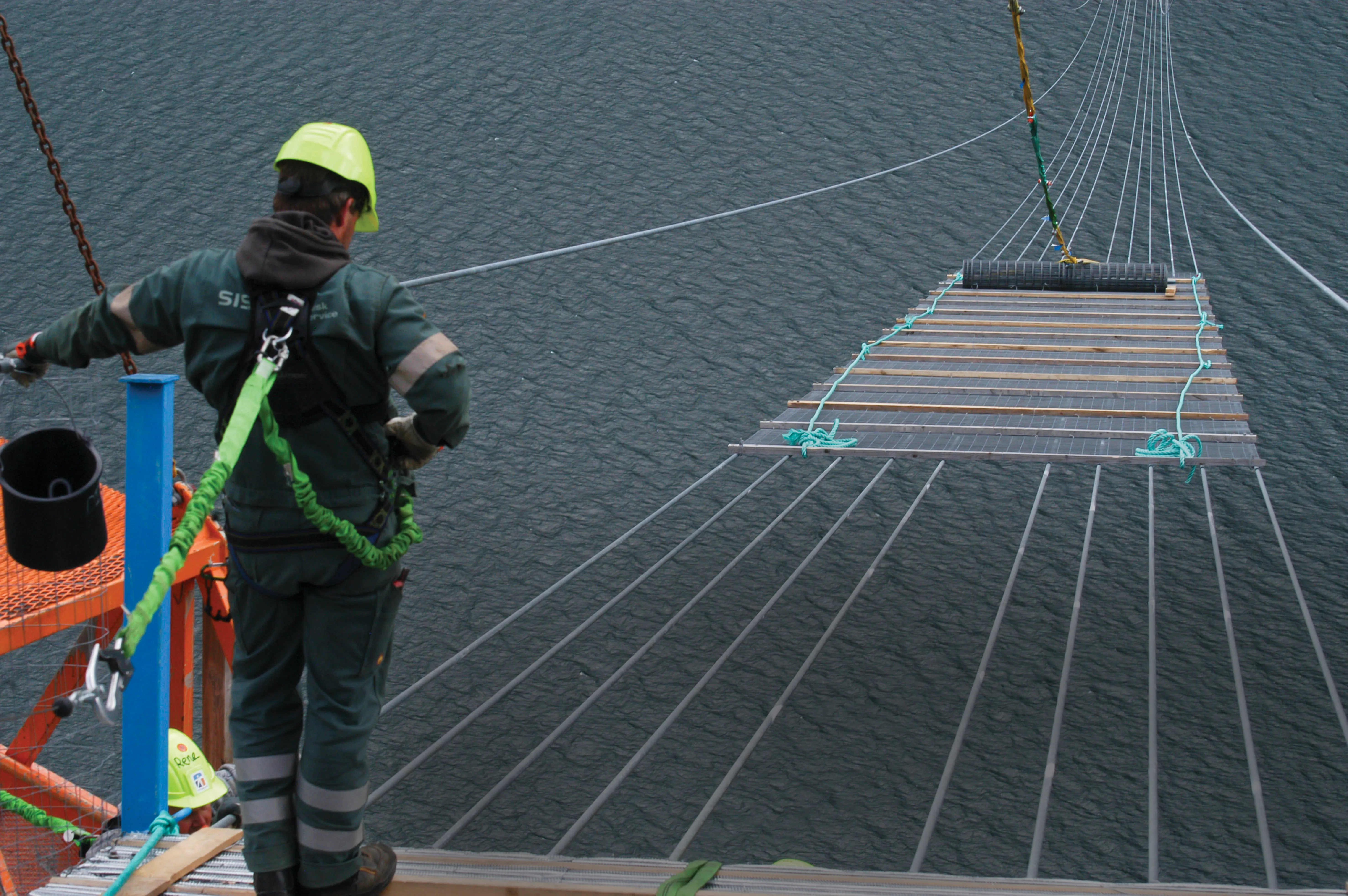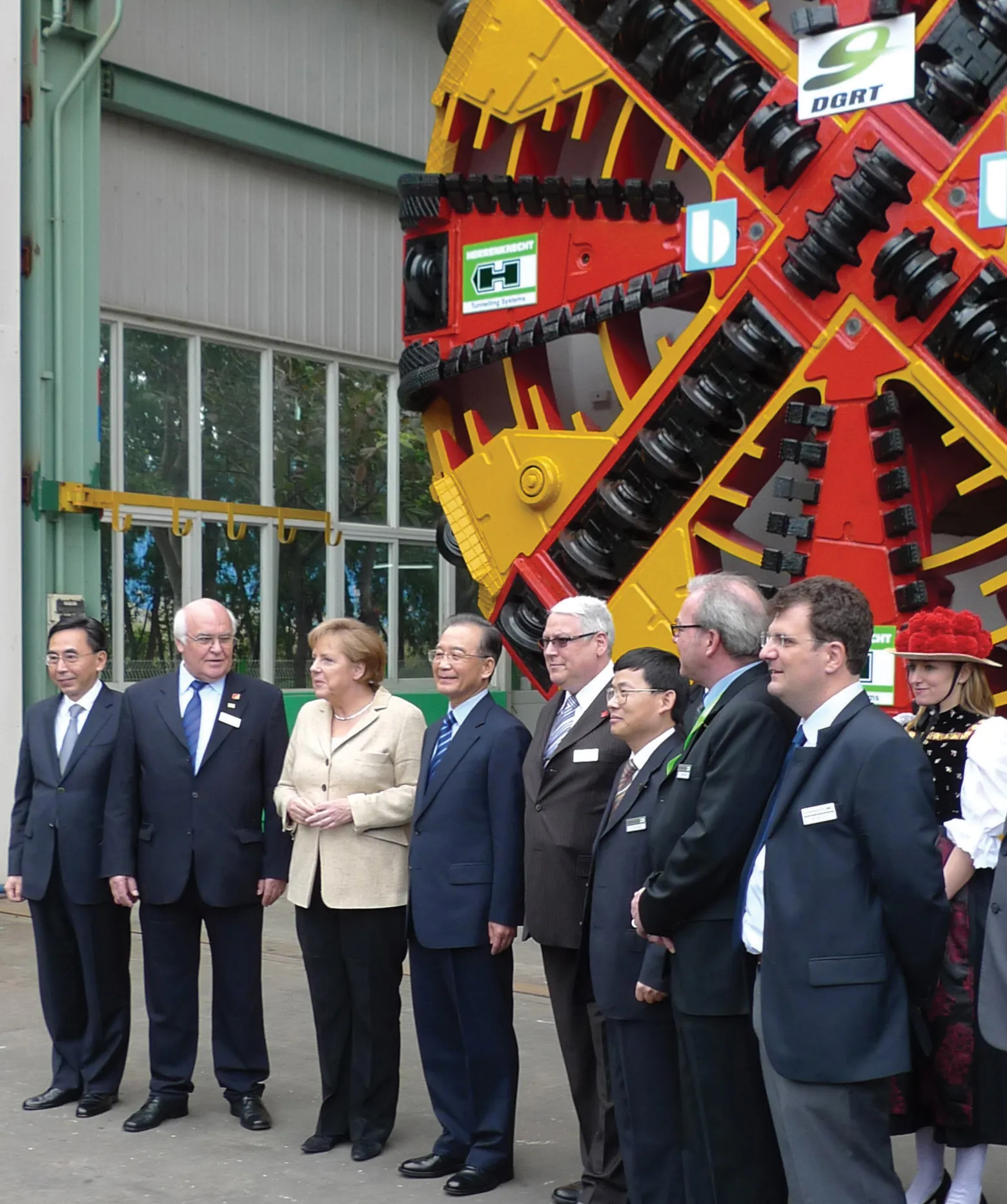
Climate specialists and town planners everywhere are increasingly aware of the thermal impacts of city pavements which trap heat on hot summer days, and are known as “urban heat islands”. These heat islands can adversely impact the sustainability of cities by increasing the dependence on mechanical cooling. Permeable pavements, such as porous asphalt, offer some relief but typically provide weak load-bearing strength and require more frequent and costly maintenance due to clogging over time.
One of the most promising innovations to emerge in recent years is the JW Eco-Technology which overcomes drawbacks of traditional engineered pavements by combining load-bearing, high water permeability, high air permeability, high water storage, carbon and dust capture properties. In fact, an estimated 50% of vehicle exhaust pollutants in car emissions can be trapped through the use of pervious pavements.
JW Eco-Technology effectively converts roads into water sources with air circulation, such that pavements can form the basis for a natural underground ecosystem, whilst preserving higher compressive strength than traditional concrete with an expected life span of more than 30 years.
Tiny holes connect the surface of the pavement to water pipes made from recycled plastic and reinforced with concrete. A bed of gravel beneath acts to filter water, which flows into a storage tank for rainwater, and is drained through underground pipes much like a hidden river under the road.
This system, currently used in hundreds of towns across Asia, also filters carbon dioxide and other pollutants from air and rain water using the same absorption properties. All materials and labour can be taken and utilised locally, and the concrete construction process is widely used in the industry.
According to inventor Jui-Wen Chen, Chairman of Ding Tai Co. “Once JW pavements are deployed on a large scale, a city’s streets become a living sponge contributing to an active local ecosystem. We thus offer new weapons to confront the challenges of climate change.”







